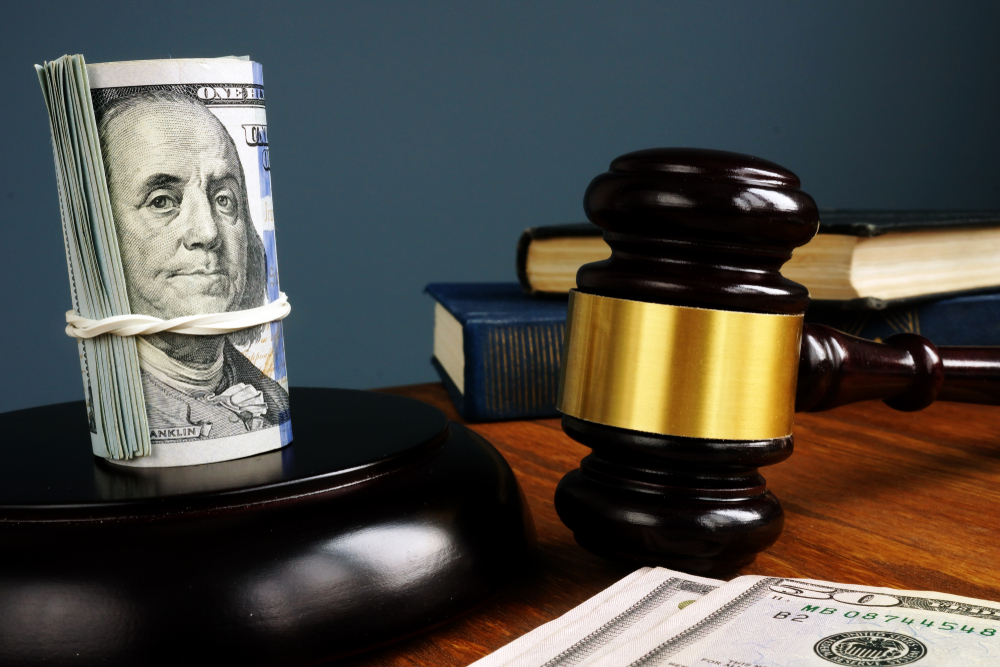
When it comes to posting bail, most people receive their education from television, movies, and Dog the Bounty Hunter reruns. They have a basic understanding of what a bail bond is, but odds are unless they have had to deal with getting one in the real world or work in the criminal justice system, they do not have a deep understanding of the different bail types, which states allow bail bonds and other fun facts. Before reading more fun facts about bail bonds, why not take our quiz and test your knowledge?
Not Available In Every State
While every Law and Order series would lead you to believe that getting out on bail is a fundamental part of the criminal justice system, dedicated bail bond agents are not quite as expected. Since bail bonds remain associated with private lenders, some areas of the country do not allow bail bond agents. Washington DC and the states of Illinois, Kentucky, Maine, Wisconsin, Oregon, Nebraska, and Massachusetts do not allow bail bonds as a result. However, Pennsylvania does allow bail bonds, meaning we can offer 24 hour bail bonds in Washington County, PA and the surrounding area.
Who Has the Right to Bail?
People looking for a little bit of (conditional) freedom before their upcoming trial want to know if they qualify to receive bail. The good news is that you more than likely do! While different states have different laws governing labeling someone a flight risk or a danger to the public, you should not be denied the chance to post a fair bail unless you are charged with a capital offense.
Never in Excess
To ensure a fair system for everyone charged with a crime in the American criminal justice system, bail bonds must be set within a reasonable range. They cannot be set unusually or cruelly high based on discriminating factors. The Eighth Amendment of the United States Constitution ensures this right to all citizens, as well as protection against cruel and unusual punishment.
Bail Bond Terms Aren’t Always About Court Dates
Whether you are using an unsecured or monetary bail bond, it’s not always about making your set court appearances to get your collateral back. In some cases, additional terms are added to the bond for you to meet the requirements successfully. Sometimes you have to enroll in a drug or alcohol program or remain in a particular state, city, or county as mandated by the courts to complete the terms of your bail.
Your Financial Health Doesn’t Have To Take a Big Hit
While it might seem like you have to throw up collateral, such as your home or other high-value property that you own, for the bond, you do have financing options available. Usually, people can pay and be issued 10% and 1% bonds. This means that they pay a bail bondsman 1% or 10% of the total bond, and then the bondsman will secure collateral for the remaining amount. If the bond is broken, then the bondsman uses the secured collateral to pay the courts the remaining balance.
Now that you have tested your knowledge of bail bonds and learned a little more about them, if you need the help of a cheap bail bondsman in Westmoreland County, PA for securing bail for you or a loved one, contact Freedom Fast Bail Bonds today!


